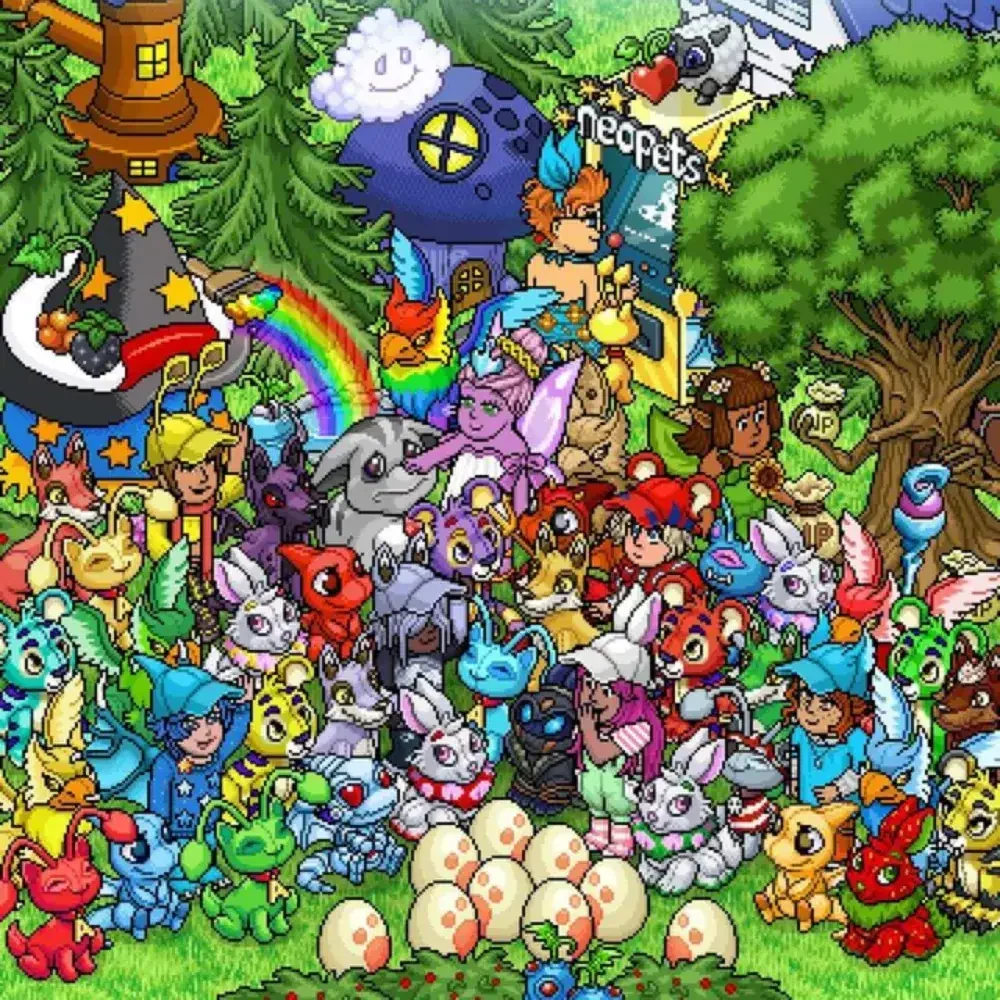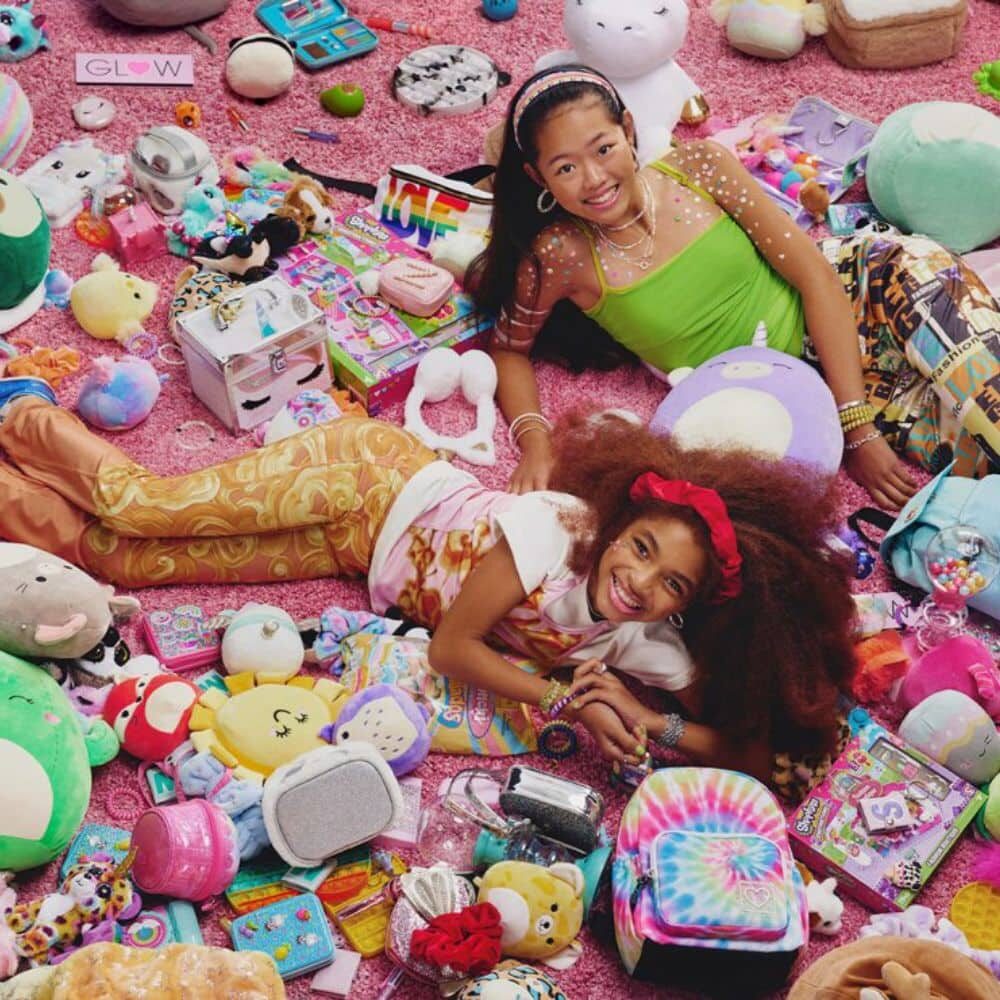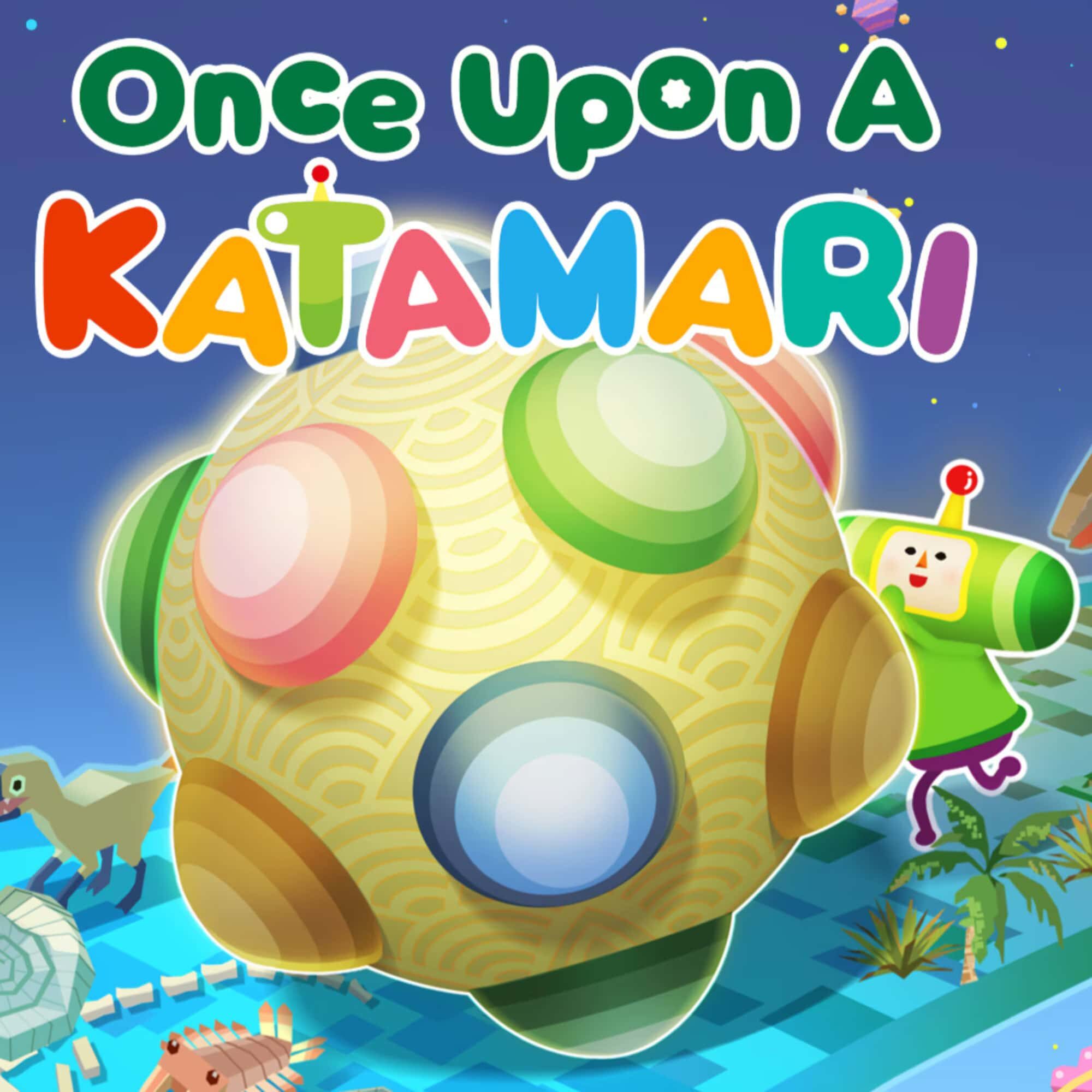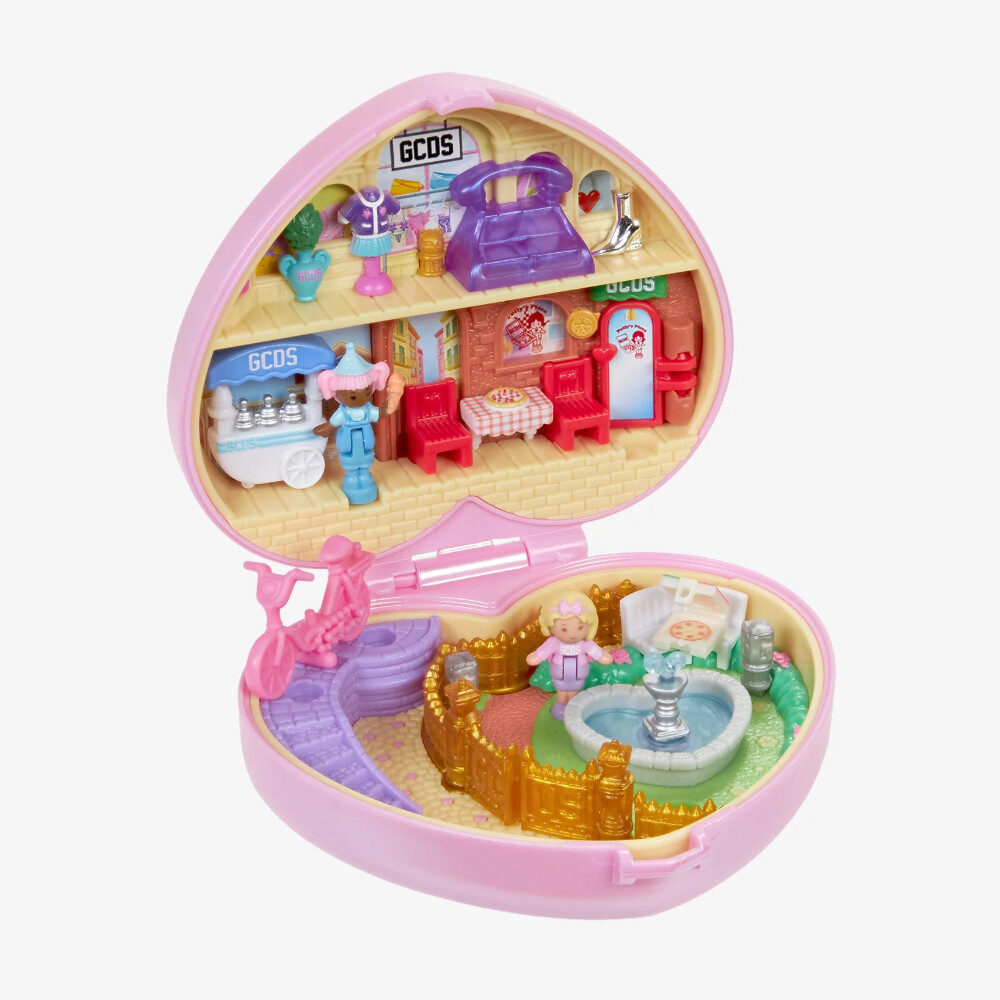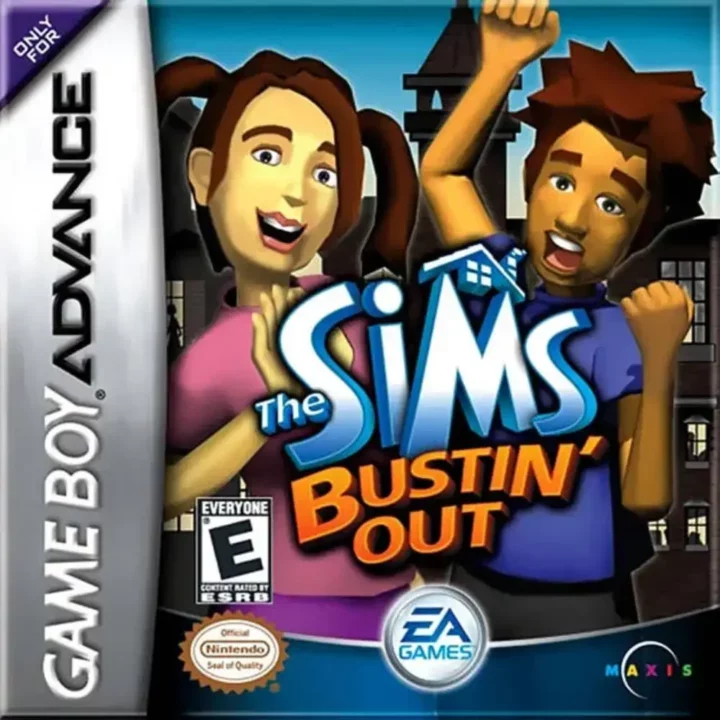
Sim-fully Overlooked: The Chaotic Brilliance of The Sims Bustin’ Out and The Urbz on GBA
The Sims on Game Boy Advance wasn’t about designing the perfect home or finding true love—it was about surviving in weird, chaotic cities with nothing but odd jobs and big dreams. Bustin' Out and The Urbz ditched the cosy life sim formula and gave us something messier, funnier, and way more relatable. It's about time we gave these underrated handheld gems the love they deserve.
TEXT
Before The Sims took over our PCs, it got weird, wild, and wonderfully chaotic on the Game Boy Advance. Let’s talk about the handheld misfits that deserved more love.
The Sims on Game Boy Advance wasn’t about designing the perfect home or finding true love—it was about surviving in weird, chaotic cities with nothing but odd jobs and big dreams. Bustin’ Out and The Urbz ditched the cosy life sim formula and gave us something messier, funnier, and way more relatable. It’s about time we gave these underrated handheld gems the love they deserve.
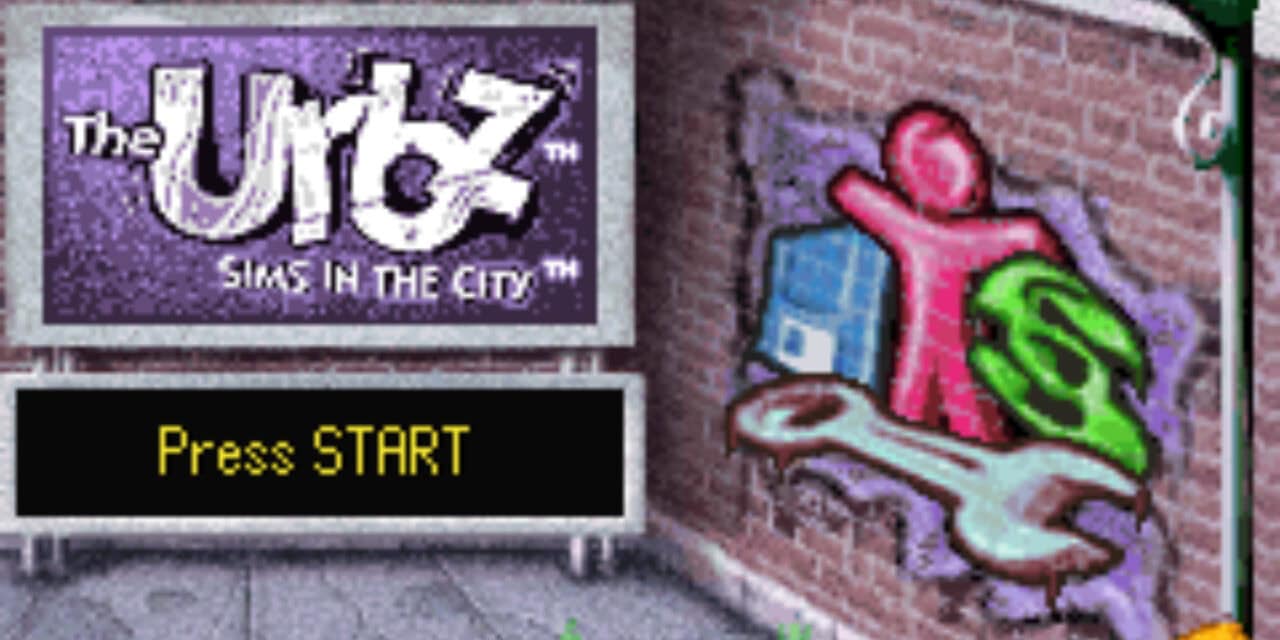
Remember being 10 years old, clutching your chunky Game Boy Advance, getting lost in a world where your Sim had to hustle for rent by scrubbing toilets and flipping burgers? No? Well, that’s fair. The Sims: Bustin’ Out and The Urbz: Sims in the City for the GBA weren’t exactly the shining stars of the franchise. But maybe that’s why they ruled. They were bizarre, scrappy, and deeply misunderstood—like the emo phase we all pretend didn’t happen.
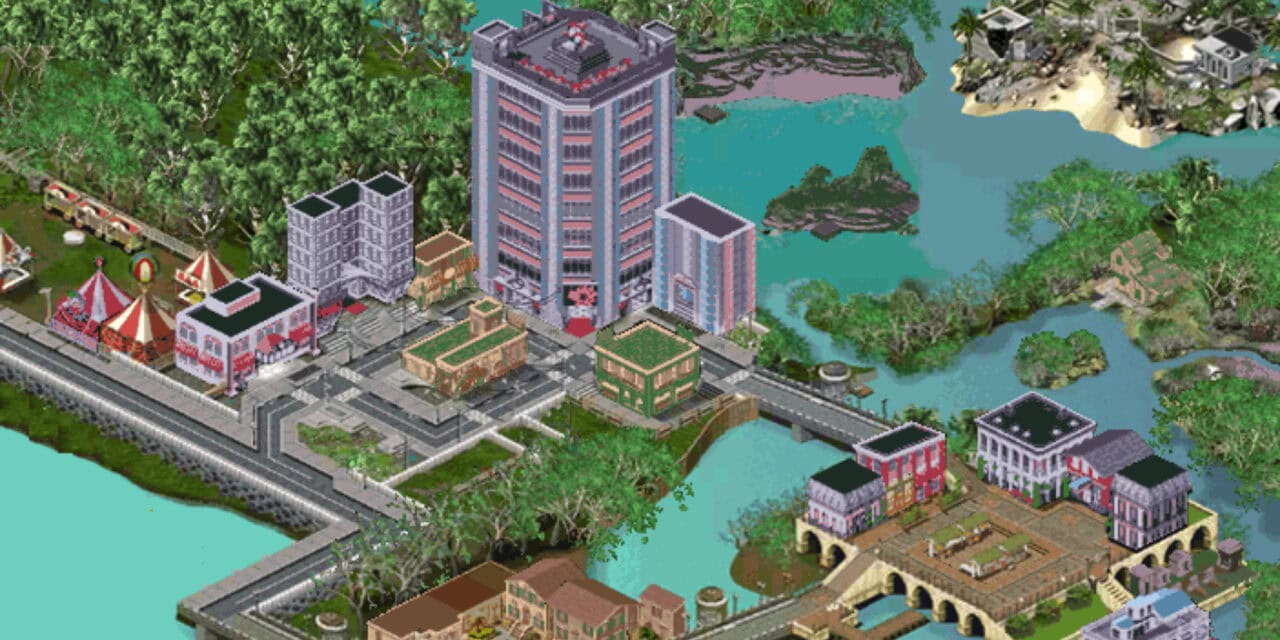
Released in 2003, Bustin’ Out dropped players onto a farm, but not just any old farm – your Uncle Hayseed’s. You weren’t crafting perfect suburban lives here. Nope, you were crashing at his place (until he kicks you out into an old farmhouse), chasing odd jobs, and fending off the Veloci–Rooster – a mutant rooster who’s broken out of SimValley’s lab. The whole thing was mission-based, forcing you to grind through jobs like running errands at the general store or bartending. You weren’t building dream homes; you were surviving, hustling, and occasionally getting electrocuted because you couldn’t afford to fix your own TV.
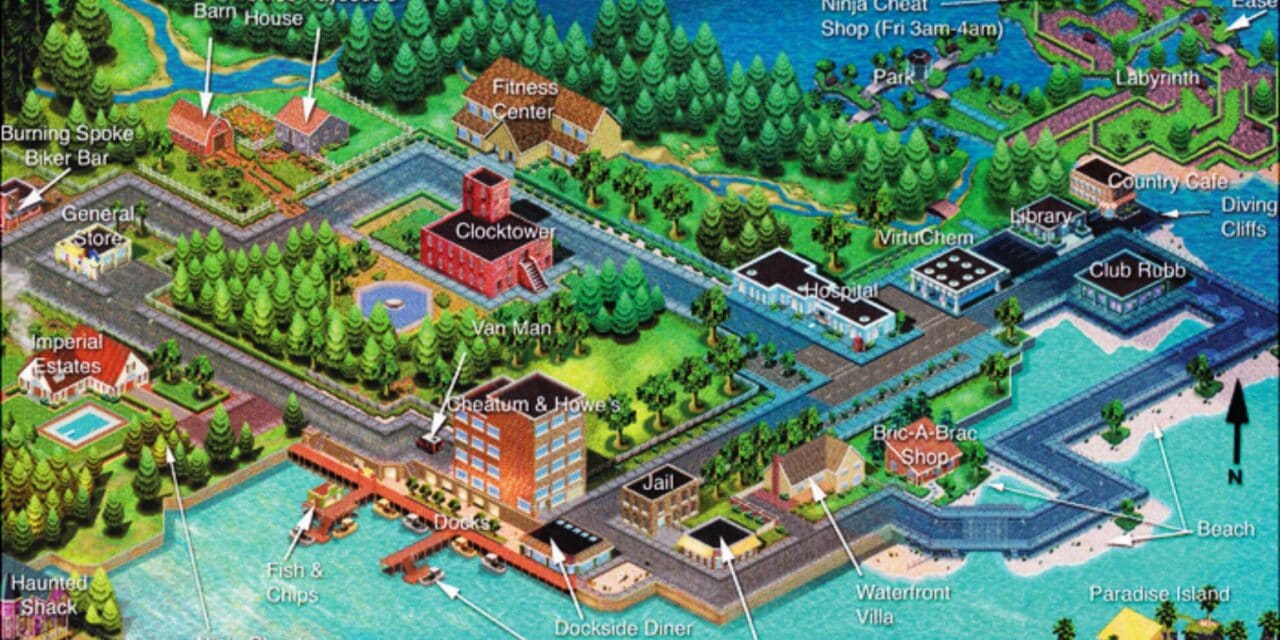
Then came The Urbz: Sims in the City in 2004, the cooler, grittier cousin. Gone was the small-town charm—Miniopolis was the name, and clout was the game. It had this weirdly dystopian vibe, like a city built by a teenager obsessed with Hot Topic and mid-2000s MTV. The main goal? Stop Daddy Bigbucks—the billionaire villain buying up the town. Do this while building points with the local Rep Groups. And yes, that meant cleaning more toilets, but also playing lots of basketball and learning how to play the fiddle with a magical sim at 3am in the forest. The logic? Don’t ask. Just vibe.
Both games ditched the sandbox life sim formula. They were story-driven, weirdly narrative-heavy, and way more about grinding than decorating your house. Mini-games ruled your life—jobs were reduced to rhythm games or quick button-mashing marathons. Mopping floors wasn’t just a chore, it was a game of speed and stamina. And honestly? It worked. It made the daily grind feel like a challenge, not a punishment.
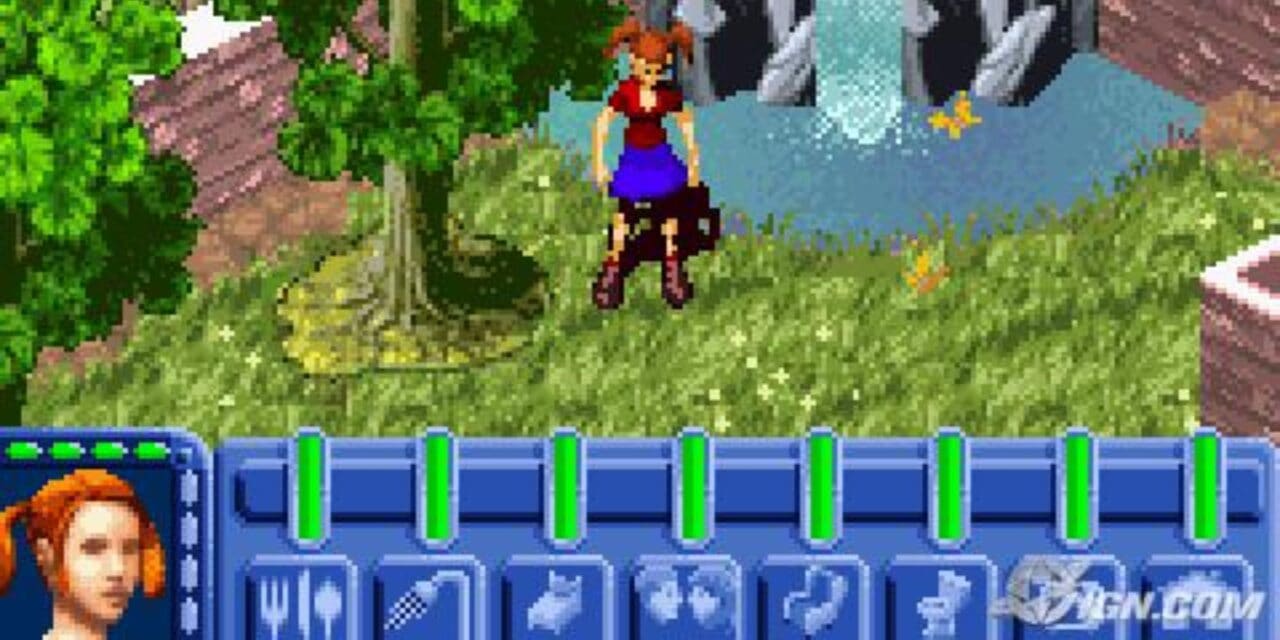
What really set these games apart was how they translated The Sims’ chaotic energy into something more raw. You didn’t have infinite cash. You didn’t have pristine suburban kitchens. You had a gross couch, a creepy landlord, and a dream. The GBA’s pixel art made everything feel slightly off in the best way. Your Sim always looked a little sleep-deprived, and the world felt cramped—but that tightness made every space feel alive.
The writing was peak Sims nonsense. Dialogue was packed with weird slang, bizarre side characters, and missions that made zero sense but somehow felt urgent. Daddy Bigbucks trying to gentrify Glasstown? Flying off in the rocket at the end of Bustin’ Out? Sure, why not. It was The Sims unfiltered, unpolished, and unapologetically weird.
Yet, these games barely made a splash. Most people stuck to the PC games or the more traditional console versions. Maybe it was the GBA’s limits, or maybe people just didn’t get it. But looking back, Bustin’ Out and The Urbz were ahead of their time. They took risks, ditching the typical formula to experiment with storytelling and RPG-lite mechanics in a life sim. They didn’t always work perfectly, but when they did, it felt electric.
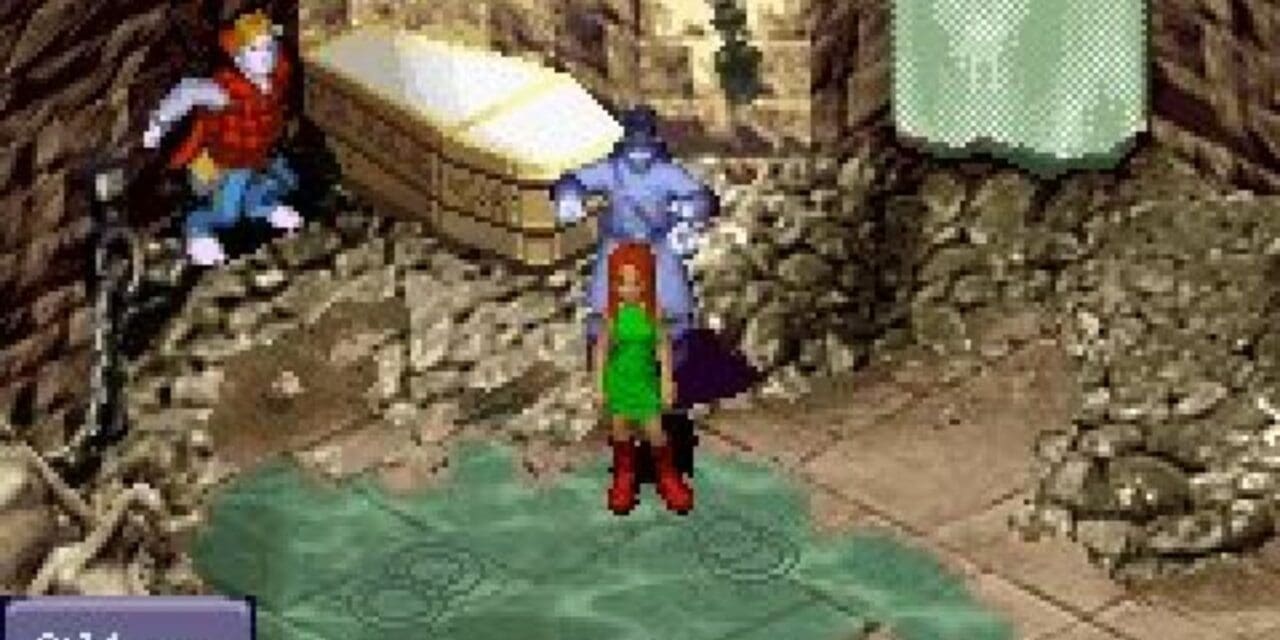
Now, 20 years later, they feel like relics from a weirder, cooler Sims universe—one where your biggest flex was surviving paycheck to paycheck with a plunger in hand. In a world obsessed with cosy games and nostalgia, maybe it’s time these messy little handheld gems got the recognition they deserved.
Before The Sims took over our PCs, it got weird, wild, and wonderfully chaotic on the Game Boy Advance. Let’s talk about the handheld misfits that deserved more love.
The Sims on Game Boy Advance wasn’t about designing the perfect home or finding true love—it was about surviving in weird, chaotic cities with nothing but odd jobs and big dreams. Bustin’ Out and The Urbz ditched the cosy life sim formula and gave us something messier, funnier, and way more relatable. It’s about time we gave these underrated handheld gems the love they deserve.

Remember being 10 years old, clutching your chunky Game Boy Advance, getting lost in a world where your Sim had to hustle for rent by scrubbing toilets and flipping burgers? No? Well, that’s fair. The Sims: Bustin’ Out and The Urbz: Sims in the City for the GBA weren’t exactly the shining stars of the franchise. But maybe that’s why they ruled. They were bizarre, scrappy, and deeply misunderstood—like the emo phase we all pretend didn’t happen.

Released in 2003, Bustin’ Out dropped players onto a farm, but not just any old farm – your Uncle Hayseed’s. You weren’t crafting perfect suburban lives here. Nope, you were crashing at his place (until he kicks you out into an old farmhouse), chasing odd jobs, and fending off the Veloci–Rooster – a mutant rooster who’s broken out of SimValley’s lab. The whole thing was mission-based, forcing you to grind through jobs like running errands at the general store or bartending. You weren’t building dream homes; you were surviving, hustling, and occasionally getting electrocuted because you couldn’t afford to fix your own TV.

Then came The Urbz: Sims in the City in 2004, the cooler, grittier cousin. Gone was the small-town charm—Miniopolis was the name, and clout was the game. It had this weirdly dystopian vibe, like a city built by a teenager obsessed with Hot Topic and mid-2000s MTV. The main goal? Stop Daddy Bigbucks—the billionaire villain buying up the town. Do this while building points with the local Rep Groups. And yes, that meant cleaning more toilets, but also playing lots of basketball and learning how to play the fiddle with a magical sim at 3am in the forest. The logic? Don’t ask. Just vibe.
Both games ditched the sandbox life sim formula. They were story-driven, weirdly narrative-heavy, and way more about grinding than decorating your house. Mini-games ruled your life—jobs were reduced to rhythm games or quick button-mashing marathons. Mopping floors wasn’t just a chore, it was a game of speed and stamina. And honestly? It worked. It made the daily grind feel like a challenge, not a punishment.

What really set these games apart was how they translated The Sims’ chaotic energy into something more raw. You didn’t have infinite cash. You didn’t have pristine suburban kitchens. You had a gross couch, a creepy landlord, and a dream. The GBA’s pixel art made everything feel slightly off in the best way. Your Sim always looked a little sleep-deprived, and the world felt cramped—but that tightness made every space feel alive.
The writing was peak Sims nonsense. Dialogue was packed with weird slang, bizarre side characters, and missions that made zero sense but somehow felt urgent. Daddy Bigbucks trying to gentrify Glasstown? Flying off in the rocket at the end of Bustin’ Out? Sure, why not. It was The Sims unfiltered, unpolished, and unapologetically weird.
Yet, these games barely made a splash. Most people stuck to the PC games or the more traditional console versions. Maybe it was the GBA’s limits, or maybe people just didn’t get it. But looking back, Bustin’ Out and The Urbz were ahead of their time. They took risks, ditching the typical formula to experiment with storytelling and RPG-lite mechanics in a life sim. They didn’t always work perfectly, but when they did, it felt electric.

Now, 20 years later, they feel like relics from a weirder, cooler Sims universe—one where your biggest flex was surviving paycheck to paycheck with a plunger in hand. In a world obsessed with cosy games and nostalgia, maybe it’s time these messy little handheld gems got the recognition they deserved.

Enjoyed this story? Support independent gaming and online news by purchasing the latest issue of G.URL. Unlock exclusive content, interviews, and features that celebrate feminine creatives. Get your copy of the physical or digital magazine today!



